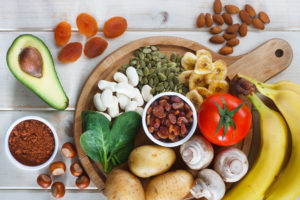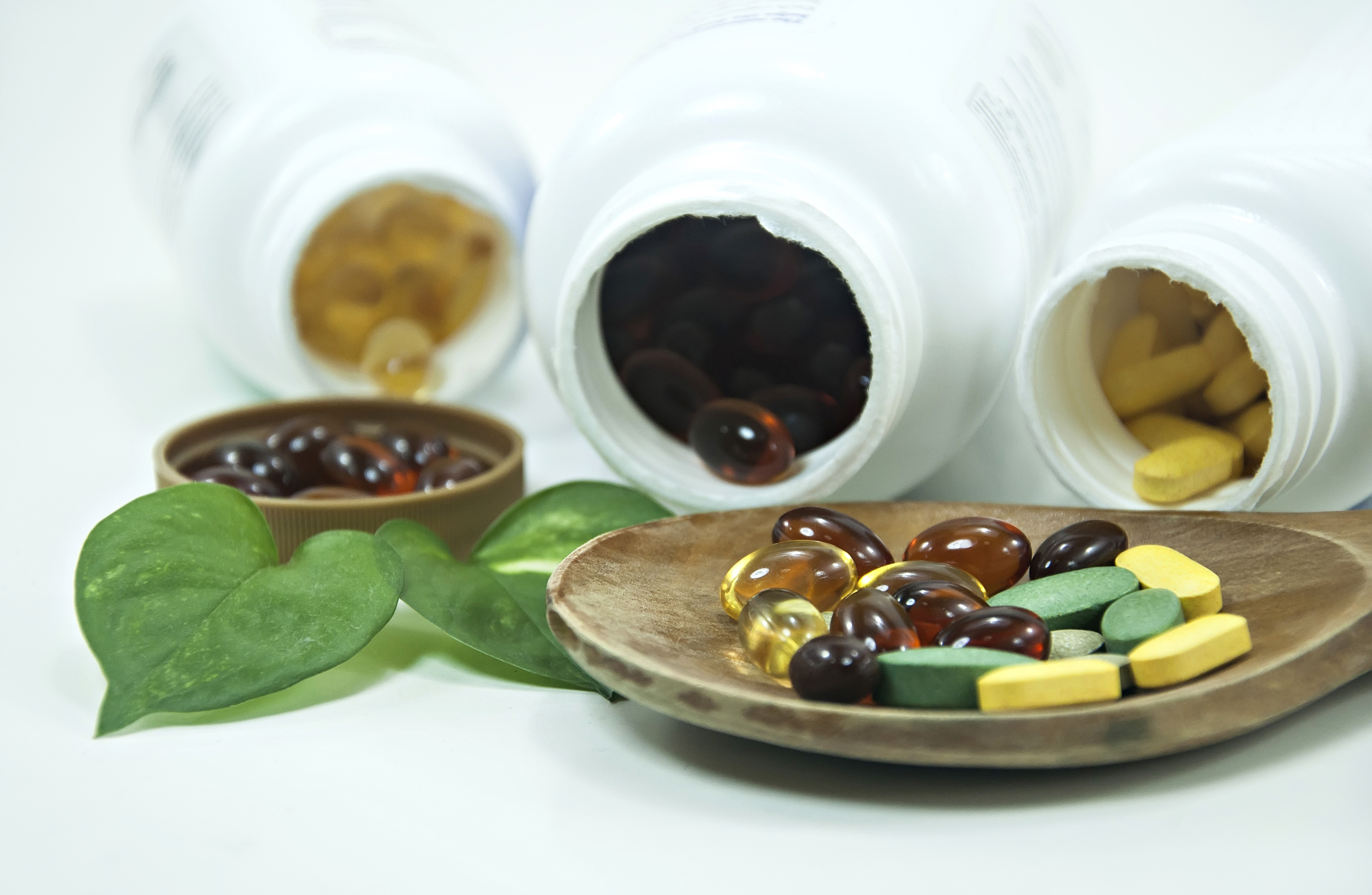
Spring clean your kidney diet!
Between March being National Kidney Month, National Nutrition Month and the start of spring, there has never been a better time to get on the right track with your eating habits! Check out these tips to “spring clean” your kidney diet:
1) Eat fresh, unprocessed foods, whenever possible. Eating meals made from fresh, unprocessed ingredients helps limit sodium and phosphorus intake. Fresh foods that you buy at the grocery or farmer’s market usually do not have additives or seasonings. You have more control over what goes in your body.

Fresh berries are a great healthy snack option.
2) When the urge to snack hits you, choose healthy options. These include low-sodium crackers or popcorn, grapes, berries, apples, bell-peppers, carrots and celery. Good sources of protein, like lean meat, chicken, unsalted tuna and nutrition bars or drinks are also good options.
3) Keep an eye on your sodium intake. Foods high in sodium will increase your thirst and cause you to retain fluid. Examples to avoid include frozen dinners, cured meats like ham, bacon and sausage, and brined foods like pickles and olives. Substitute in herbs and spices for salt in your dishes to reduce sodium without sacrificing flavor!

Ask for kidney-friendly options at restaurants.
4) Dine out with confidence. Restaurants where dishes are made to order are your best options. Review the menu carefully and don’t be afraid to ask how food is prepared or to request your meal be prepared with no salt. Ask for sauces and dressings to be served on the side and ask for to-go boxes if the portions are large.
5) Know your kidney labs and numbers. Adjusting your diet is a helpful way to achieve lab goals as set by your nephrologist.
6) Make sure you eat a good variety from your allowed food list. Dialysis patients should include a source of protein at each meal—these can include eggs, meat, fish and poultry.
7) If you’re prescribed them, take your binders. Phosphorus binders will not work unless they are taken while your food is in your stomach. Too much phosphorus can leech calcium from your bones and weaken them. Binders act like sponges, drawing the phosphorus out of the food you eat. Some high phosphorus foods to avoid include cheese, milk and dairy products, cola, nuts and peanut butter.

Some high-potassium options to avoid include banana, potatoes and spinach.
8) Avoid high potassium in your diet, especially if your nephrologist or dietitian has told you to limit intake. A few examples of potassium-rich foods to avoid include bananas, oranges and spinach. Alternatively, if you’ve been told your potassium is too low, do not limit your intake and follow guidelines as your doctor prescribes.
9) Ask your physician or dietitian about calcium in your diet. Too much calcium is not good for kidney disease patients, as it may form stones in the kidneys. Read labels and avoid foods that have additive calcium.

Supplements may react differently with your medications and/or alter your blood test levels.
10) Tell your doctor or dietitian if you use herbal supplements. Although most of these are “natural,” that doesn’t always mean safe. Supplements may react differently with your medications and/or alter your blood test levels.
11) Finally, when you have questions or concerns about your diet, ask your dietitian—they are there to help you make adjustments and stay healthy!
Information or materials posted on this blog are intended for general informational purposes only, and should not be construed as medical advice, medical opinion, diagnosis or treatment. Any information posted on this blog is not a substitute for patient-specific medical information or dietary advice. Please consult with your healthcare team or dietitian for a complete dietary plan and recommendations.









Thanks for finally talking about >Top tips to spring clean your kidney
diet | PKD Foundation <Liked it!
This was excellent information. I have CkD stage 5.
We always Control cholesterol – high cholesterol, especially in diabetics, Increases the risks of kidney disease, heart disease, and stroke. Eat good & healthy food which boost your immunity.
This was very helpful. I have PKD stage 4 and I am teetering between functioning and non-functioning kidney function. However, I LOVE cheese, milk, dairy, and peanuts which are HEAVY in phosphorous. Thank you for the heads up.